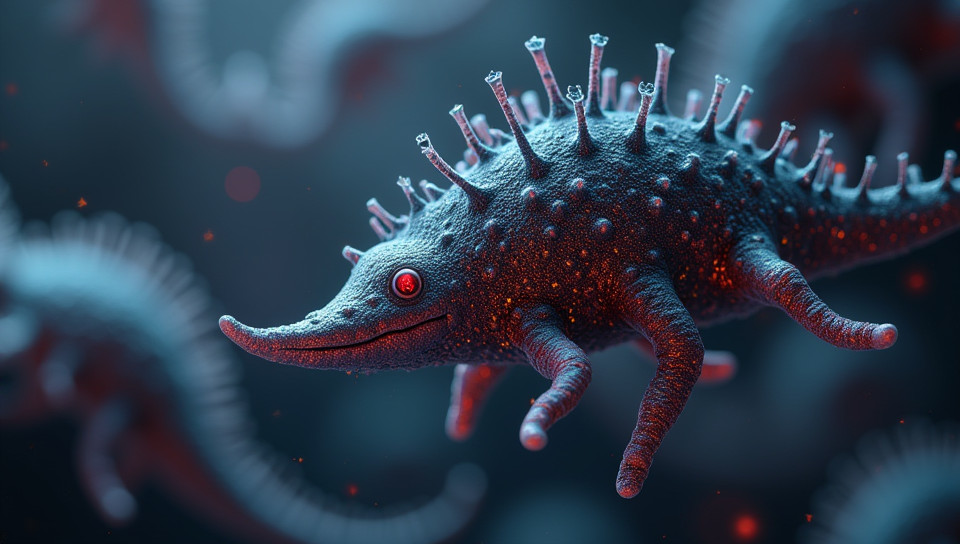Gene editing is improved greatly 82%

The Dawn of a New Era: Gene Editing Breakthroughs
As we venture into the uncharted territories of genetics, scientists have made tremendous strides in gene editing, revolutionizing the way we understand and manipulate the fundamental building blocks of life. Recent advancements have catapulted this field to unprecedented heights, opening doors to new possibilities for human health, agriculture, and beyond.
A Brief History of Gene Editing
Gene editing has been a topic of interest for decades, with early pioneers like George Church and Jennifer Doudna laying the groundwork for the field's rapid progression. The discovery of CRISPR-Cas9 in 2012 marked a significant turning point, enabling precise editing of DNA sequences with unprecedented efficiency.
Improved Techniques
Several breakthroughs have significantly improved gene editing techniques:
- Enhanced specificity: New tools like base editors and prime editors offer greater precision, allowing researchers to make targeted changes without the need for scissors-like enzymes.
- Increased efficiency: Advances in delivery methods, such as electroporation and nanoparticles, have streamlined the process of introducing genes into cells.
- Reduced off-target effects: Improved design algorithms and experimental strategies have minimized unintended alterations to the genome.
Real-World Applications
The implications of these advancements are vast:
Gene editing is poised to transform various industries:
- Medical applications: Treating genetic disorders, developing personalized medicine, and creating gene therapies for complex diseases.
- Agricultural innovations: Improving crop yields, enhancing nutritional content, and reducing pesticide use through precise genetic modifications.
- Synthetic biology: Designing new biological pathways and organisms to produce biofuels, clean up environmental pollutants, or create novel materials.
Conclusion
The future of gene editing is bright, with ongoing research pushing the boundaries of what's possible. As scientists continue to refine their techniques and explore new applications, we can expect even more groundbreaking discoveries. By harnessing the power of gene editing, humanity will unlock new avenues for progress, driving us toward a healthier, more sustainable world.
- Created by: Ximena Moreno
- Created at: Jan. 13, 2025, 2:08 p.m.
- ID: 17737









